Which One of the Four Jazz Divas Are You?
The legendary jazz singer Lena Horne died on Sunday night, which has me thinking about the four big lady singers of jazz and their very distinct personalities.
Lovelies:
Jazz icon Lena Horne passed away on Sunday night — the last of the four major singer-divas born in the first half of the twentieth century to go. Lena is a bit less important, as a singer, than the other three: Ella Fitzgerald, Billie Holiday, and Nina Simone. But all four of them left a huge mark on the entertainment world and on our hearts.
When these beautiful and charismatic women sing about oppressive or unhappy relationships, the deep emotion they convey resonates with us. But their songs often had multiple meanings for them; these women who will go down in history were continually treated like second-class citizens by the very industry that made them famous. Take luminous Lena, for instance; though she had the great beauty and singing talent to star in any musical that might come her way, the color of her skin meant she was relegated to simply doing a song here or there in the big movies of her day — and her numbers were cut out of the films when they were shown in the South.
Today, let's take a moment to thank these four women for the music they left us with. (I'll link to a few favorite songs below.)
Then, let's be a little sillier and think about which one of the four we're most like. (Painting in very broad strokes, I'll describe them a little.)
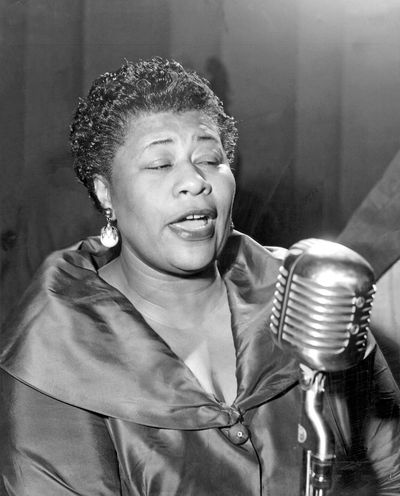
THE SHY GENIUS: Ella Fitzgerald could command the spotlight — but only when she was onstage. Offstage, she was notoriously shy and self-conscious. She once even said she felt more comfortable singing than talking. Rather than socializing much, she dedicated herself to her music and was an innovator who could best even the champ himself, Louis Armstrong, when it came to scatting — the singing technique in which performers pronounce sounds rather than words, really showing just how much their voices are "instruments."
*Ella singing "Mack the Knife" and scatting*
Stay In The Know
Get exclusive access to fashion and beauty trends, hot-off-the-press celebrity news, and more.
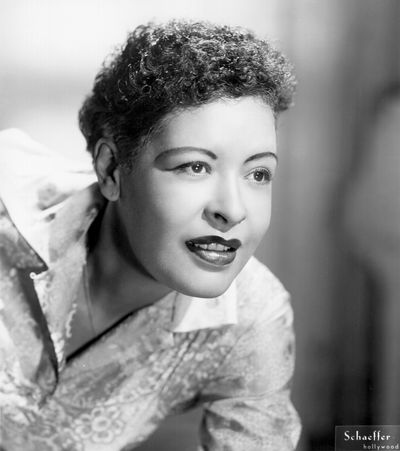
THE TROUBLED SOUL: Oh, Billie! This lady could sing the blues. And she had soul, which comes through in her gorgeous, nuanced voice. But Billie had a rough childhood: Her mother was only 13 when she had Billie; her child-mother left her in the care of others for the first 10 years of her life; Billie was raped at age 11 and began working as a singer in brothels soon after.... It's not surprising, given her difficult beginnings, that Billie became a hard drinker and drug addict who was frequently in abusive relationships; she died at age 44, from cirrhosis of the liver, a result of her alcoholism — with only 70 cents in savings. Though all the hard living took a toll on her voice, and she lost her vocal range, in her later years her voice seemed capable of a greater emotional range, communicating the depths of the pain inside that beautiful but troubled person.
*Billie doing "My Man" and "Body and Soul"*
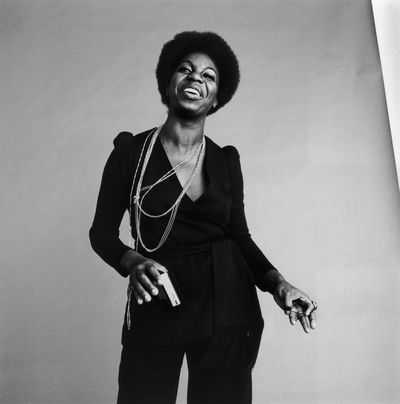
THE REBEL: Nina Simone would not put up with your sass-talking — or anything else she didn't like. I saw her at Carnegie Hall a few years back, shortly before she died, at age 70. We clapped and clapped till she came out for a first encore. But when we tried to get her out a second time, she complied ... only to say "All you people — go the hell home!" She was an outspoken civil rights leader. She also sang all sorts of songs — not just jazz numbers, but classical, folk, and popular tunes as well; and she incorporated short monologues and even long moments of silence (which she compared to "mass hypnosis") into her performances. She was something else.
*Nina singing "I Wish I Knew How It Feels to Be Free" and "Turn Me On"*
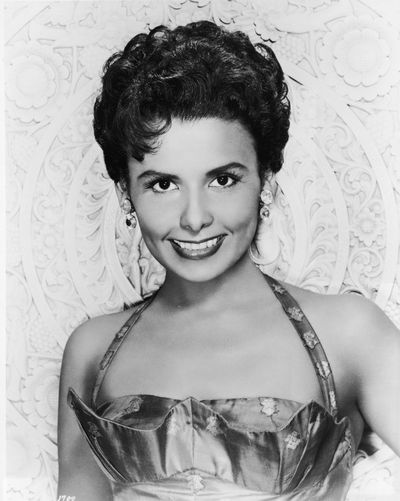
THE PRINCESS: Lena was gorgeous, hardworking, and polite, soft-spoken but very serious. Modestly, she has said she wasn't born a singer — but that her dear friend Billy Strayhorn, a pianist and composer, helped her to become one. Her great beauty helped her to break racial barriers and to perform in places where other black singers weren't allowed — and she used her celebrity status to fight for civil rights.
*Lena performing "Stormy Weather"*
Lena might say it's silly for us to identify with her or any of the others; late in life, she said: "My identity is very clear to me now. I am a black women. I'm free. ... I'm me, and I'm like nobody else."
Nonetheless, we understand who we are a little better when we compare and contrast ourselves to others. So I wonder:
Which of the four women are you most like?
Here's another question: Which singer is your favorite? And which of her songs do you like best? Links, please!
xxx
-
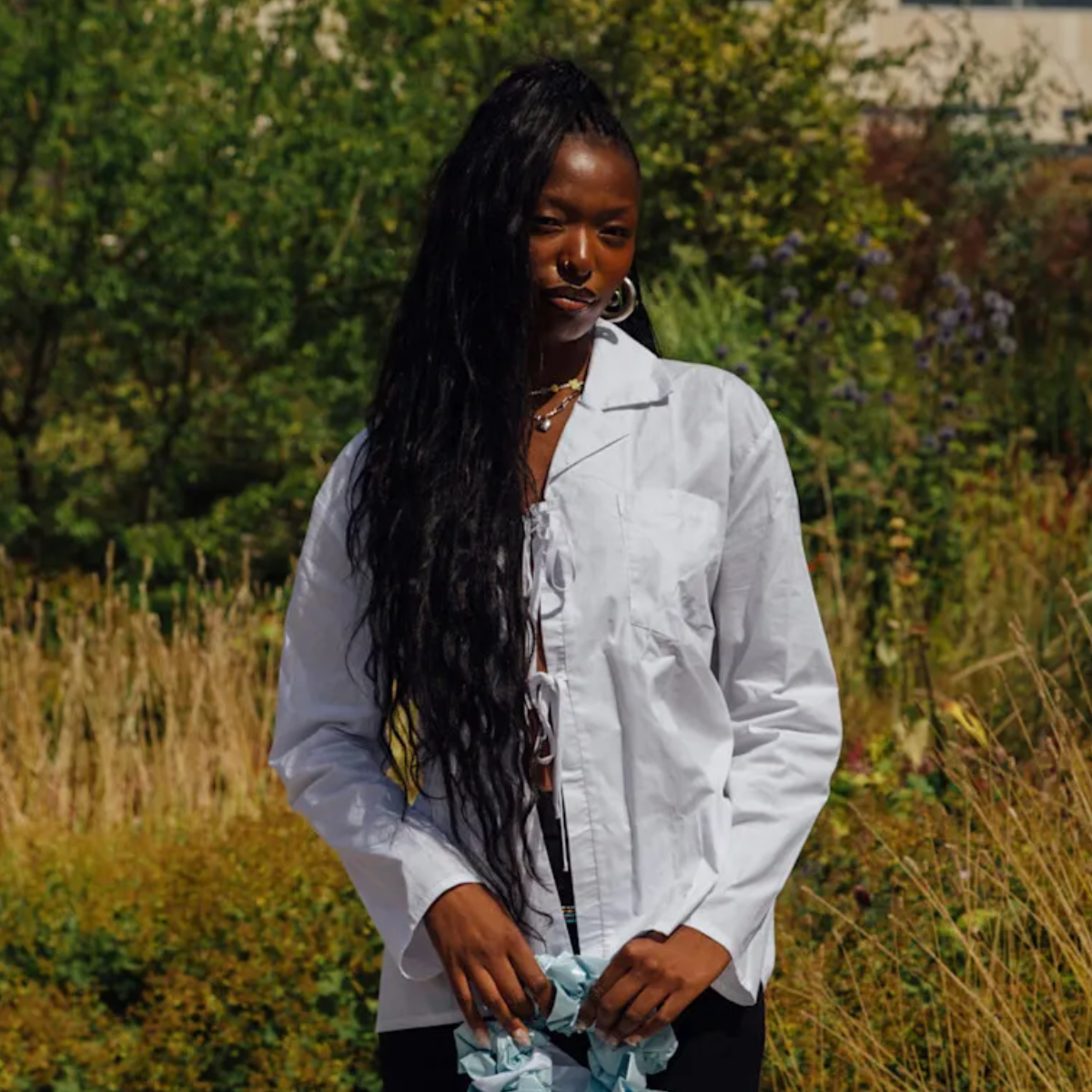 I Used Nordstrom’s Sale Section to Craft 7 Perfect Summer Outfits
I Used Nordstrom’s Sale Section to Craft 7 Perfect Summer OutfitsThese are formulas you can rely on.
By Brooke Knappenberger
-
 Your Syllabus Guide to the 'Weak Hero Class 2' Cast—Meet the Rising K-Drama Stars Playing the Students of Eunjang High
Your Syllabus Guide to the 'Weak Hero Class 2' Cast—Meet the Rising K-Drama Stars Playing the Students of Eunjang HighSo many exciting names join Park Ji-hoon in the second season of the Netflix hit.
By Quinci LeGardye
-
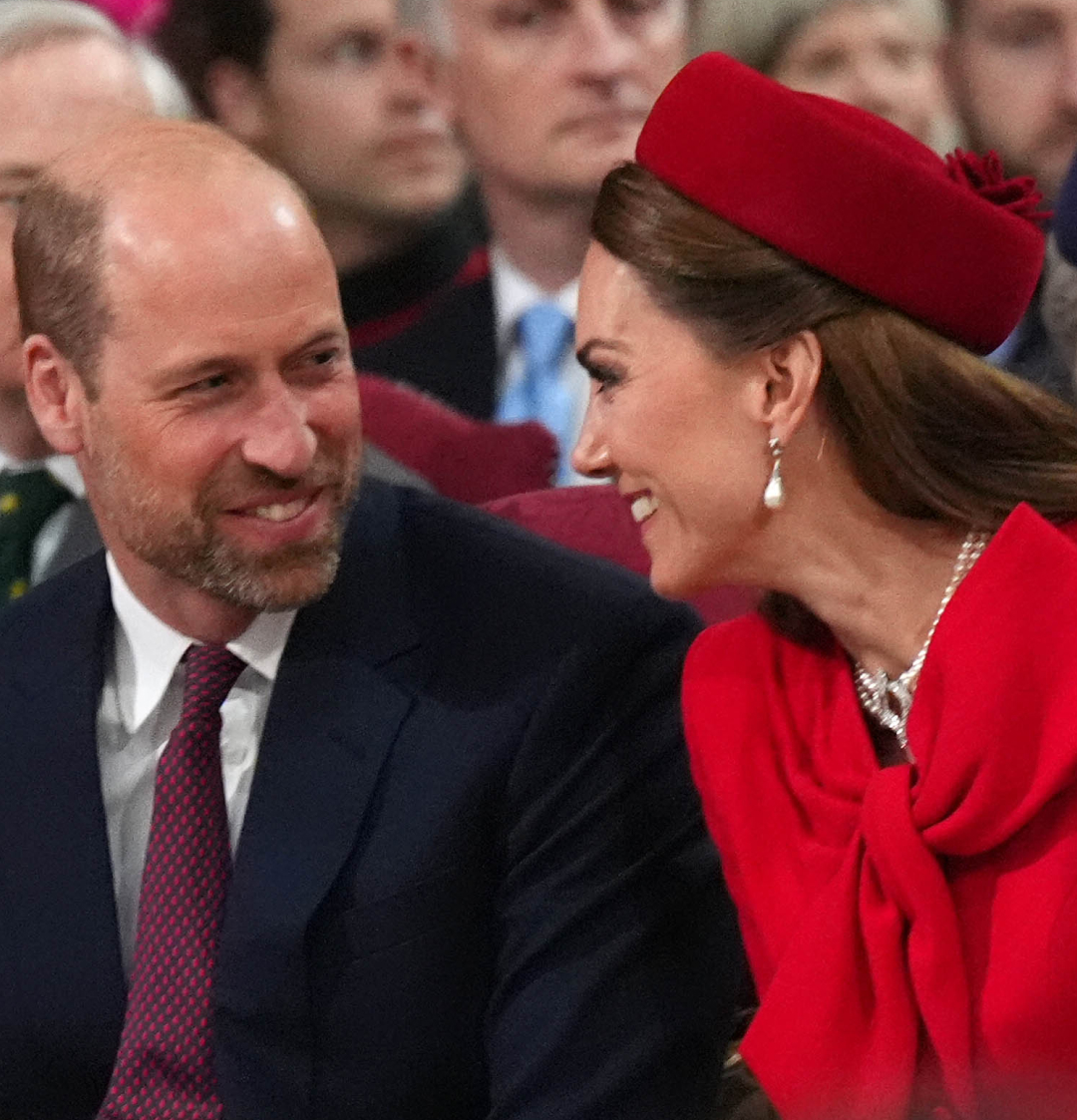 Prince William and Kate Middleton "Continue to Push Boundaries"
Prince William and Kate Middleton "Continue to Push Boundaries""They definitely have a different dynamic compared to other royal couples."
By Kristin Contino
-
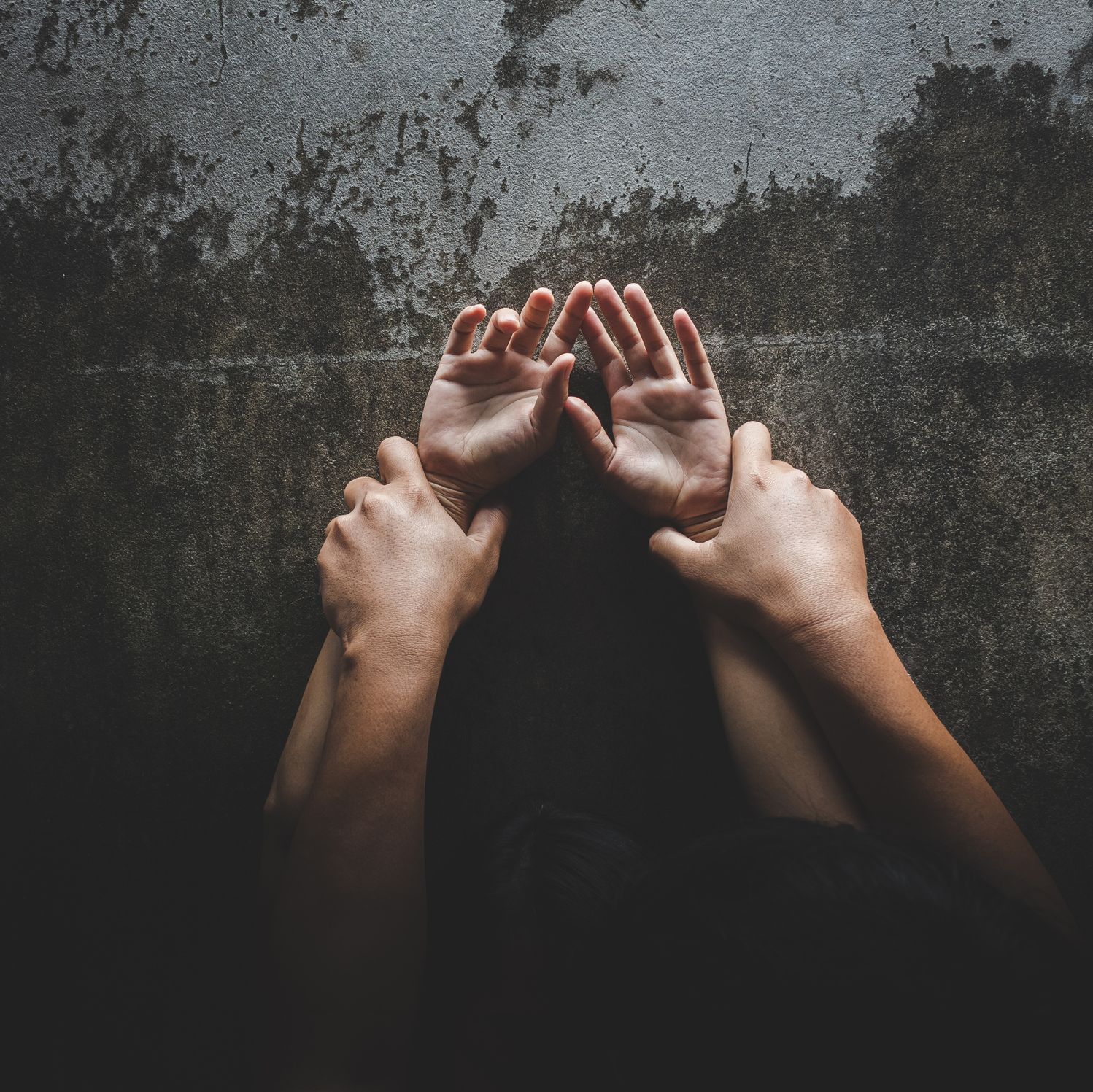 The All-Time Favorite Sex Positions of 11 Real Women
The All-Time Favorite Sex Positions of 11 Real WomenFeatures "It makes me feel like the sexiest woman on earth."
By The Editors
-
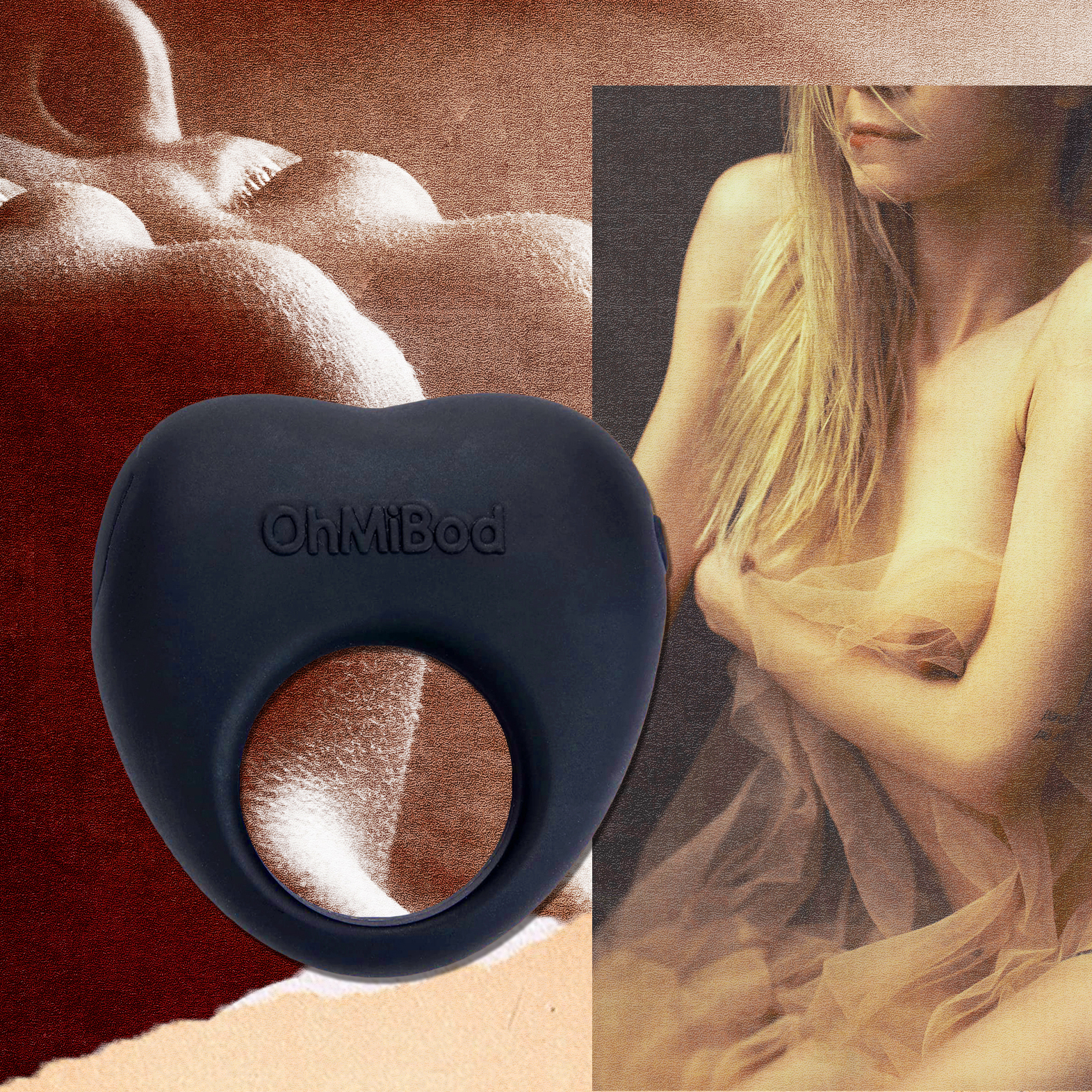 The 22 Best Vibrators, According to Sex Toy Experts
The 22 Best Vibrators, According to Sex Toy ExpertsThe vibes are immaculate.
By Gabrielle Ulubay
-
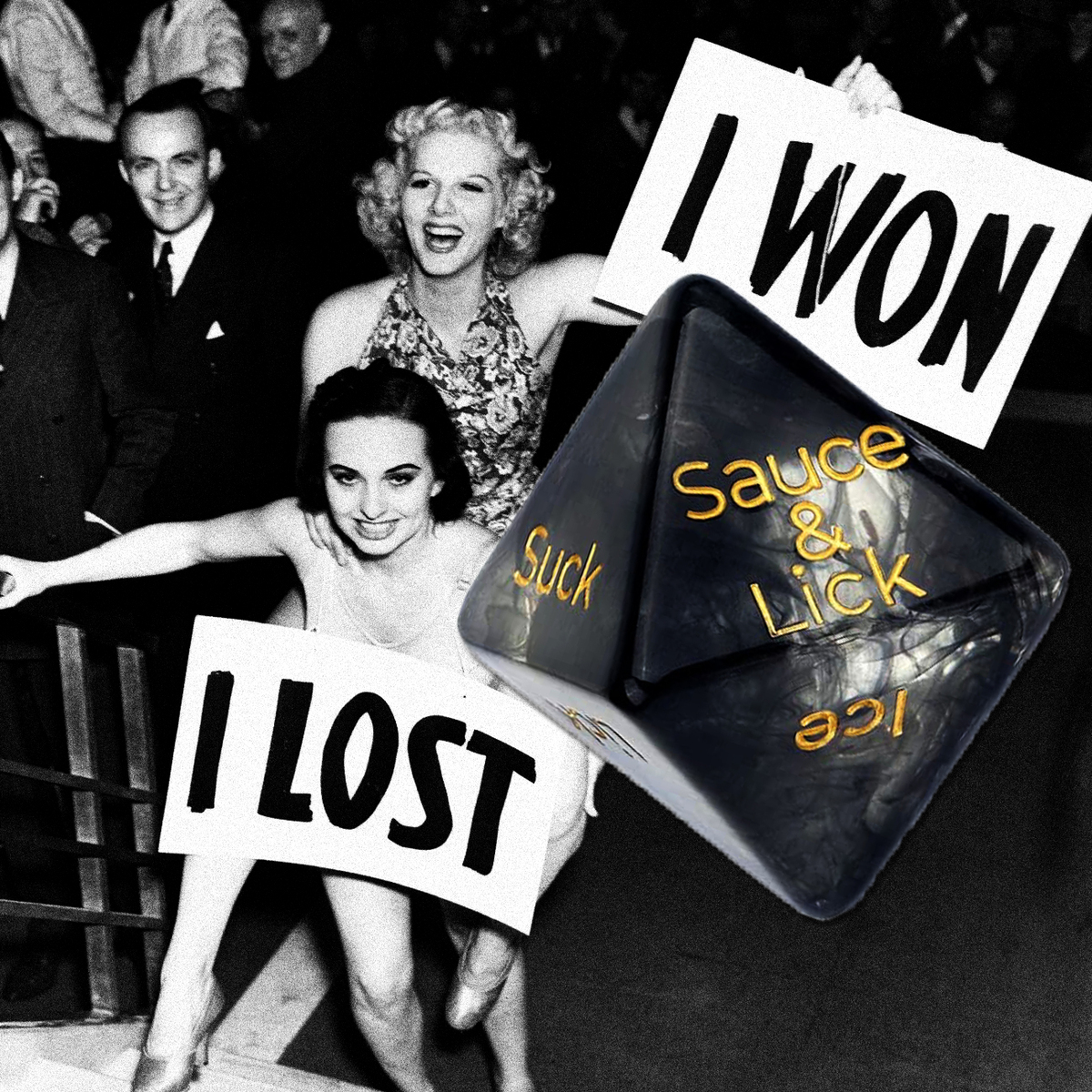 The 20 Best Sex Games for Couples in 2023
The 20 Best Sex Games for Couples in 2023Who said game nights need to be wholesome?
By Gabrielle Ulubay
-
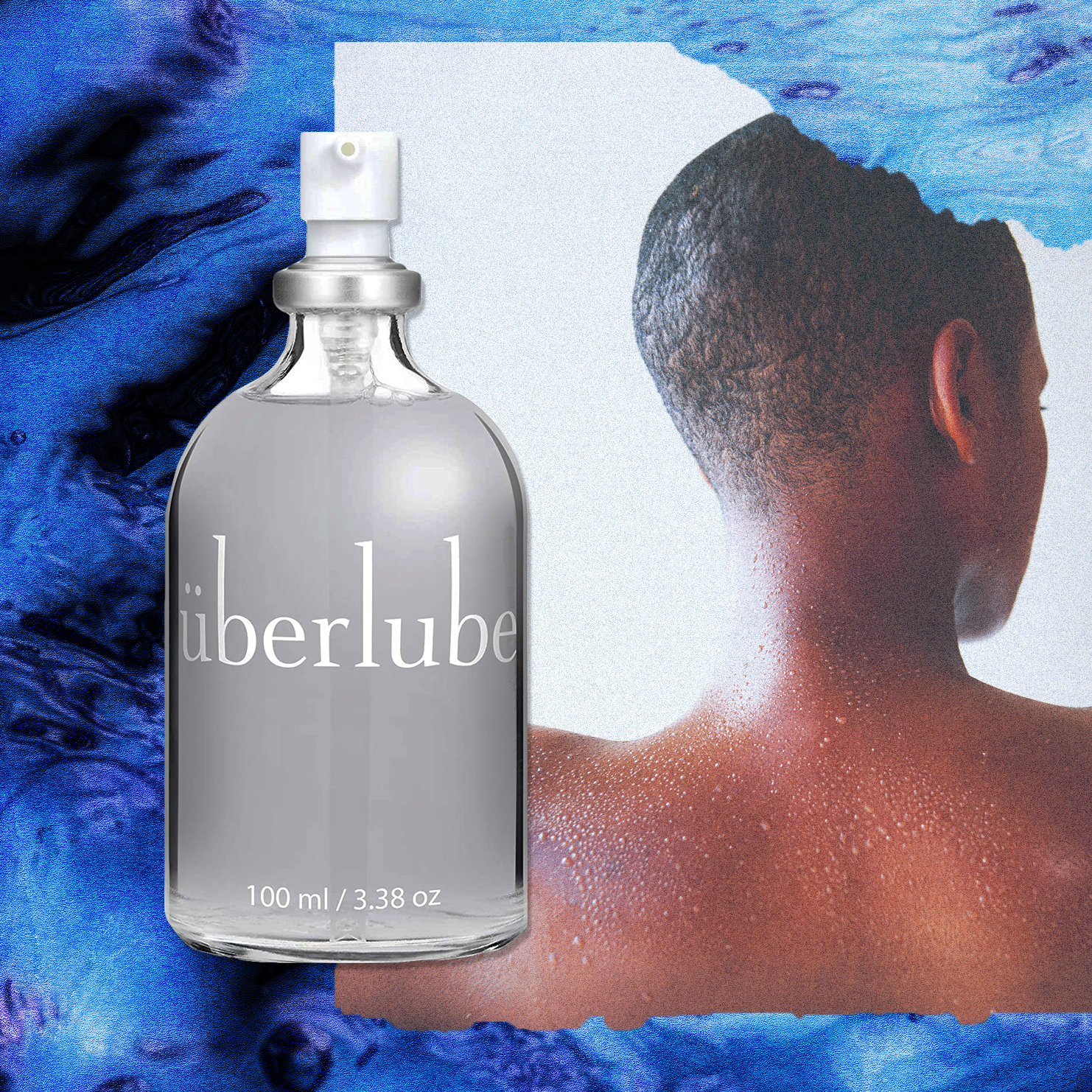 The 14 Best Lubes for Every Need
The 14 Best Lubes for Every NeedGood sex should always go smoothly.
By Gabrielle Ulubay
-
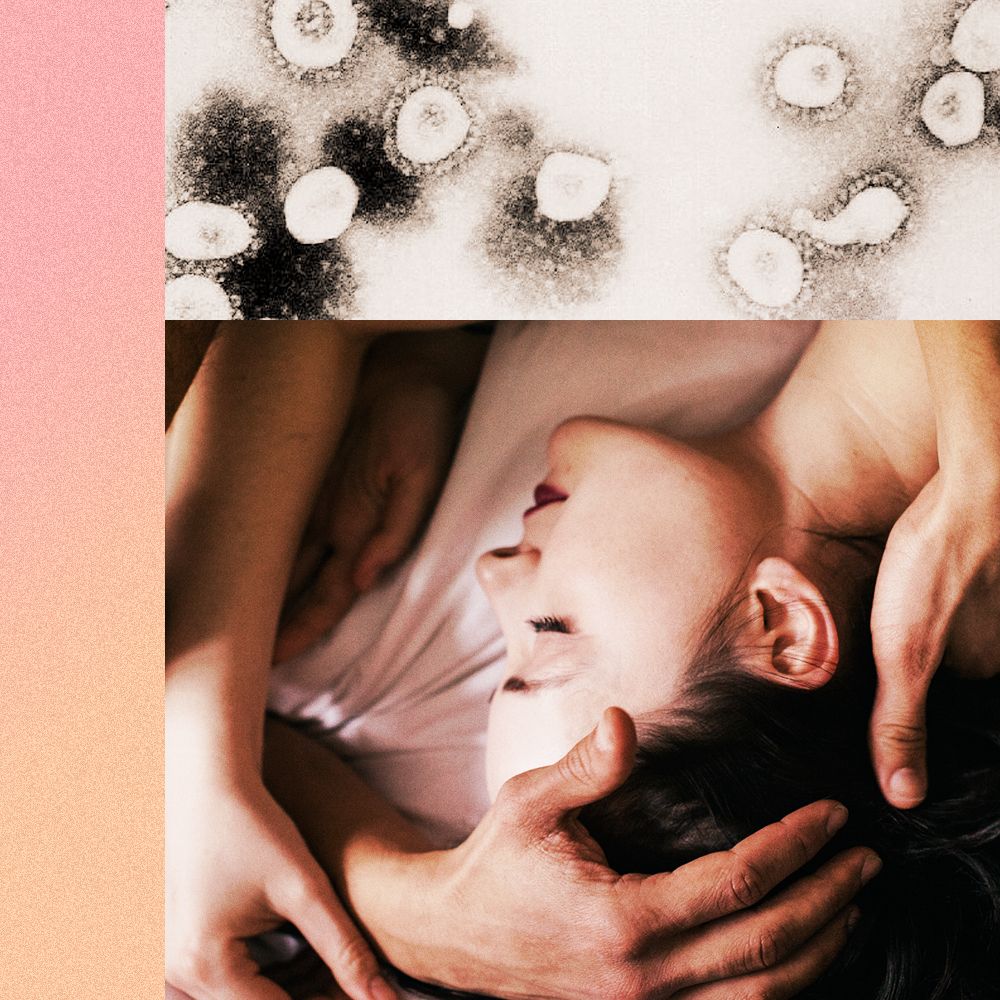 COVID Forced My Polyamorous Marriage to Become Monogamous
COVID Forced My Polyamorous Marriage to Become MonogamousFor Melanie LaForce, pandemic-induced social distancing guidelines meant she could no longer see men outside of her marriage. But monogamy didn't just change her relationship with her husband—it changed her relationship with herself.
By Melanie LaForce
-
 100 Sex Songs That Won't Make You Cringe
100 Sex Songs That Won't Make You CringeFeatures Dim the lights and hit play on this sex songs — the perfect playlist of songs to have sex to.
By The Editors
-
 33 Unexpected Valentine's Day 2023 Date Ideas
33 Unexpected Valentine's Day 2023 Date IdeasFeatures A.k.a. not dinner and roses.
By The Editors
-
 How to Stay Safe Using Dating Apps and Websites
How to Stay Safe Using Dating Apps and WebsitesHow To Did you know your favorite dating apps may be selling your intimate information? Swipe right on privacy with these key safety tips.
By Jenny Hollander